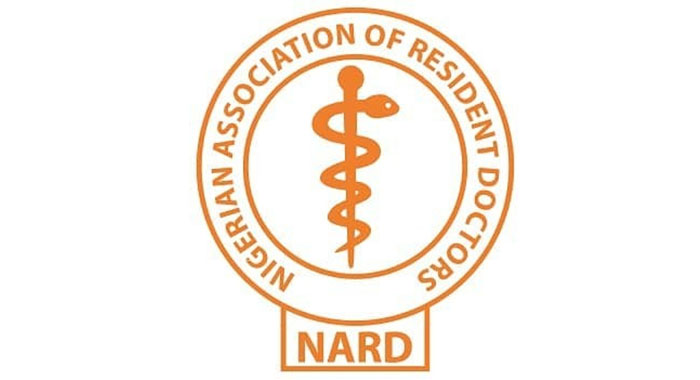The Nigerian Association of Resident Doctors (NARD) has voiced strong disapproval of the persistent neglect and unfair treatment of its members by the Nigerian government and hospital management. A core issue highlighted by the association is the exclusion of resident doctors from specialist allowances, despite the fact that these doctors routinely perform specialist duties in hospitals across the country. This omission represents a significant financial disadvantage for these doctors and undermines their contributions to the healthcare system. NARD argues that this practice not only devalues the expertise of resident doctors but also contradicts the government’s own National Policy on Health Workforce, which emphasizes the importance of incentivizing healthcare professionals to retain them within the country’s healthcare system.
The casualization of resident doctors’ employment, a practice where they are employed on a temporary or contract basis without the benefits and security enjoyed by permanent staff, also drew sharp criticism from NARD. This precarious employment status often translates into poor remuneration, further exacerbating the financial strain on these essential healthcare providers. The association contends that this practice not only undermines the professional development and job security of resident doctors but also negatively impacts the quality of healthcare services delivered to patients. The instability created by casualization makes it difficult for doctors to plan their careers and lives, potentially leading to decreased morale and an exodus of skilled professionals from the healthcare sector.
The non-payment of salary arrears, including those arising from the upward review of the Consolidated Medical Salary Structure (CONMESS), further compounded the grievances of the resident doctors. NARD highlighted the non-payment of the 2024 Accoutrement Allowance and the longstanding issue of the absence of consequential adjustments to the CONMESS structure for the past 16 years. This lack of adjustment represents a significant breach of the 2009 Collective Bargaining Agreement and has resulted in substantial financial losses for resident doctors over the years. The association expressed dismay over the lack of response from the government despite repeated correspondences on these critical issues, emphasizing that this neglect contributes to the growing dissatisfaction and unrest among its members.
The specific case of Obafemi Awolowo University Teaching Hospital (OAUTH) was cited as a particularly egregious example of the challenges faced by resident doctors. NARD pointed to the non-payment of March 2024 salaries and outstanding arrears owed to resident doctors and medical officers, some of which have remained unpaid for 7 to 14 months. This situation highlights the financial hardship faced by these doctors and the detrimental impact on their morale and ability to provide effective healthcare. The association called for immediate action to rectify the situation at OAUTH and address the broader systemic issues affecting resident doctors nationwide.
NARD’s demands included the immediate payment of all outstanding arrears, including those related to the 25/35% upwardly revised CONMESS salary structure, and the full implementation of consequential adjustments to the 2019 and 2024 minimum wage on both basic salaries and allowances. They emphasized that these adjustments should also encompass accrued arrears to fully compensate for the financial losses incurred over the years. The association underscored that these demands are not merely about financial compensation but about ensuring fair treatment, recognizing the vital role resident doctors play in the healthcare system, and creating a sustainable environment for the future of medical practice in Nigeria.
The persistent neglect of these issues, NARD argues, poses a significant threat to the quality and accessibility of healthcare services in Nigeria. The association warned that the continued disregard for the welfare of resident doctors could lead to further brain drain, as skilled professionals seek better opportunities and working conditions in other countries. NARD’s call for action serves as a crucial reminder of the urgent need to prioritize the needs of healthcare workers and invest in a robust and sustainable healthcare system that benefits both medical professionals and the Nigerian populace. Addressing these concerns is essential not only for the well-being of doctors but also for the overall health and prosperity of the nation.


